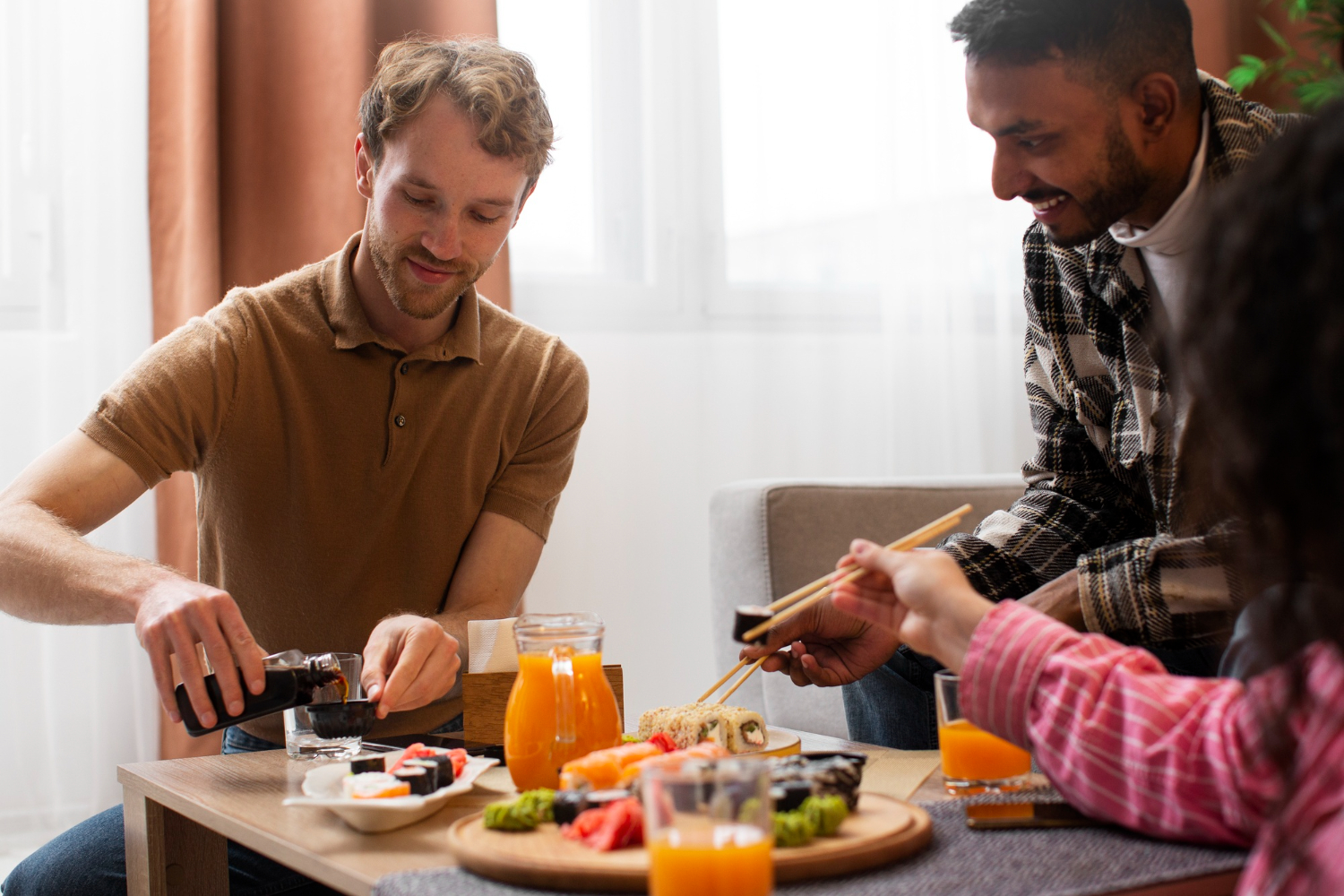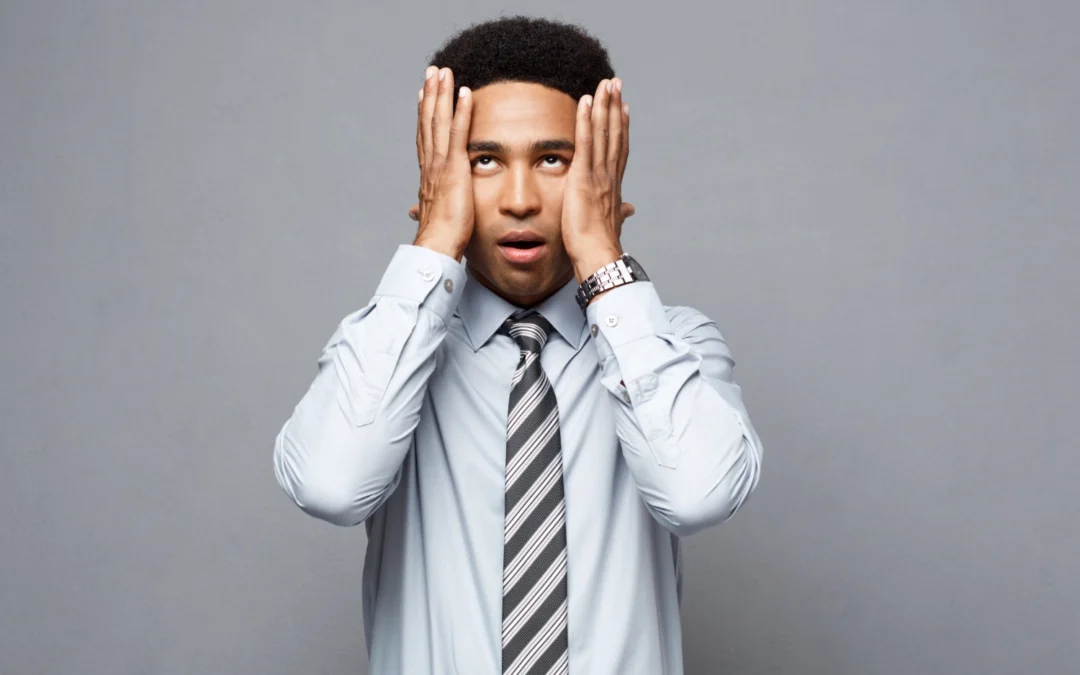Many people reach for a drink to unwind after a stressful day or ease social anxieties. While alcohol initially provides a sense of calm, the relationship between alcohol and anxiety is more complex than it seems. In fact, alcohol can actually worsen anxiety in the long run.
Understanding the Cycle of Anxiety and Alcohol
Alcohol acts as a depressant on the central nervous system. Initially, it creates a feeling of relaxation by slowing down brain activity. This can be appealing for someone feeling overwhelmed by anxiety. However, this is temporary. As your body processes the alcohol, it begins to eliminate it from your system. This can lead to a rebound effect, causing anxiety to return even stronger than before. This is often referred to as “hangxiety.”
Why Alcohol Makes Anxiety Worse
There are several reasons why alcohol can exacerbate anxiety:
-
Neurotransmitter Imbalance:
Alcohol disrupts the delicate balance of neurotransmitters in the brain, particularly those involved in mood regulation, like serotonin and GABA. Serotonin helps regulate emotions, sleep, and appetite, while GABA acts as a calming neurotransmitter. When these levels are disrupted, it can contribute to feelings of anxiety and depression.
-
Sleep Disruption:
Alcohol can disrupt your sleep cycle in several ways. First, it can make you fall asleep faster, but the quality of sleep is often poor. Second, alcohol can prevent you from reaching the deeper stages of sleep, which are essential for feeling rested and refreshed. Poor sleep is a major trigger for anxiety, leaving you feeling more tired, irritable, and less able to cope with stress.
-
Dehydration:
Alcohol is a diuretic, meaning it increases urination and can lead to dehydration. Dehydration can worsen anxiety symptoms like dizziness, lightheadedness, and difficulty concentrating. It can also disrupt your electrolyte balance, further contributing to feelings of unease and anxiety.
-
Increased Stress Hormones:
Counterintuitively, alcohol can actually increase the production of stress hormones like cortisol. Cortisol is released by the body in response to stress, and chronically elevated levels can worsen anxiety symptoms like racing thoughts, muscle tension, and difficulty sleeping.


Breaking the Cycle and Finding Healthy Alternatives
If you struggle with anxiety and find yourself using alcohol to cope, there are ways to break the cycle and develop healthier strategies for managing your anxiety:
-
Identify Your Triggers:
Start by paying attention to what situations or emotions lead you to drink. Do you crave a drink after work to unwind? Do social gatherings make you anxious and tempt you to reach for a glass? Once you identify your triggers, you can develop healthier coping mechanisms to address them directly.
-
Limit Alcohol Intake:
Consider cutting back on your overall alcohol consumption. Even moderate drinking can worsen anxiety for some people. There are many resources available to help you set realistic goals and track your progress.
-
Find Healthy Alternatives:
Develop healthy coping mechanisms to deal with stress and anxiety. Here are a few ideas:
-
Exercise:
Regular physical activity is a well-established strategy for reducing anxiety. Exercise releases endorphins, which have mood-boosting effects, and can also improve sleep quality. Aim for at least 30 minutes of moderate-intensity exercise most days of the week.
-
Relaxation Techniques:
Techniques like deep breathing, meditation, and progressive muscle relaxation can help to calm your mind and body in the moment. There are many apps and online resources available to guide you through these practices.
-
Mindfulness:
Mindfulness practices involve focusing your attention on the present moment without judgment. This can help to reduce rumination (dwelling on negative thoughts) and worry, which are common features of anxiety.
-
Spend Time in Nature:
Immersing yourself in nature has been shown to reduce stress and improve mood. Take a walk in the park, hike in the woods, or simply sit outside and enjoy the fresh air and sunshine.
-
Talk to a Therapist:
If you find it difficult to manage your anxiety on your own, don’t hesitate to seek professional help from a therapist or counselor. A therapist can teach you coping mechanisms, help you identify underlying issues that may be contributing to your anxiety, and provide support as you work towards feeling better.
“Remember, you are not alone.”
Millions of people around the world struggle with anxiety. There is help available, and with time and effort, you can learn to manage your anxiety and live a fulfilling life.
While alcohol may offer a temporary sense of relief from anxiety, it ultimately worsens symptoms in the long run. By understanding the connection between alcohol and anxiety, you can develop healthier coping mechanisms to manage your anxiety and improve your overall well-being. If you’re struggling, don’t hesitate to seek professional help. There is hope and healing available.


